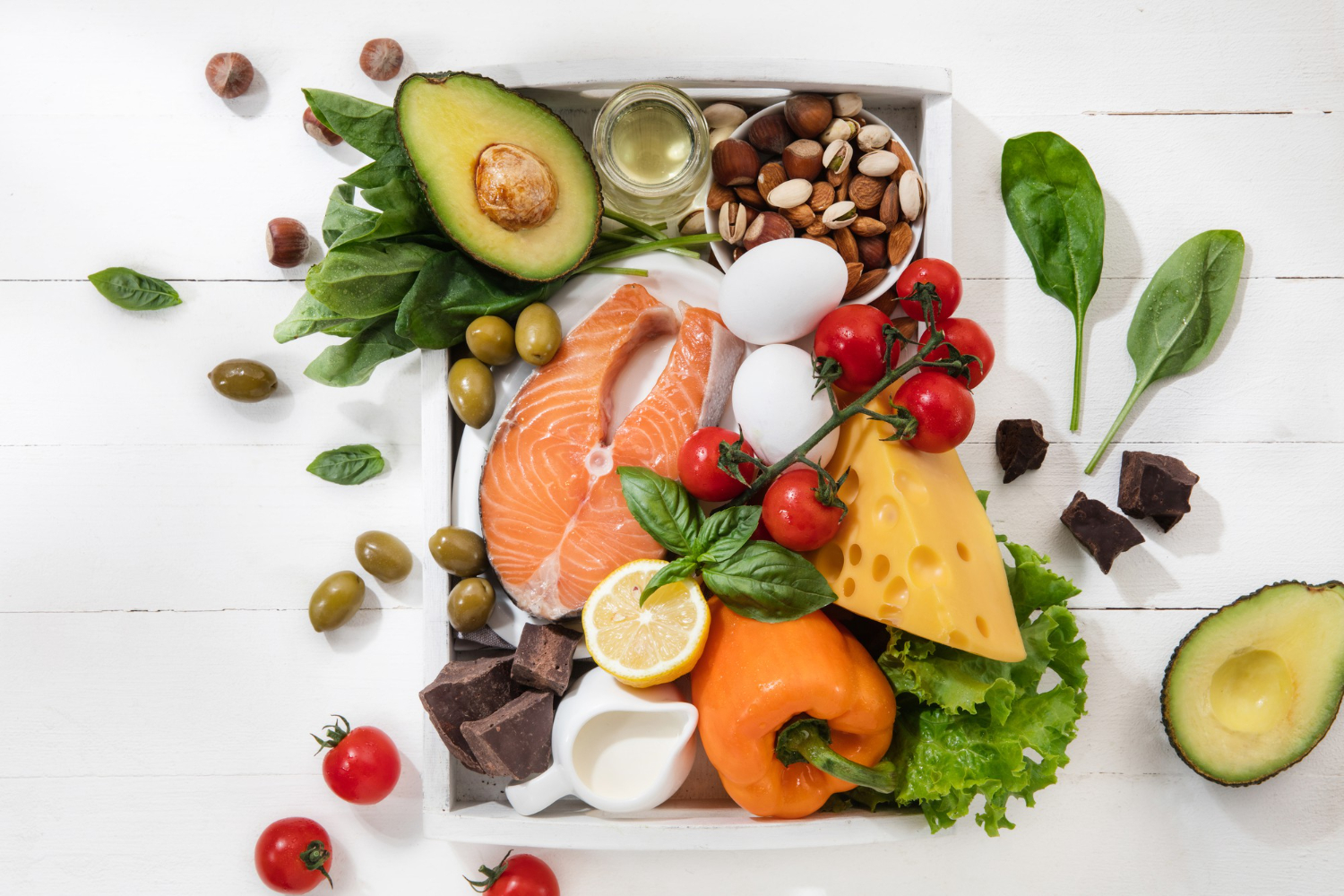Nutrition for Health and Wellbeing: Fueling Your Body for Optimal Performance
Introduction
Prioritizing health and well-being has become more critical in today’s fast-paced world. And when it comes to maintaining overall health, nutrition plays a crucial role. Proper nutrition ensures our body’s smooth functioning, helps prevent chronic diseases, boosts our immune system, and improves our mental well-being. In this article, we will explore the significance of nutrition in achieving and maintaining optimum health and well-being.
The Power of Proper Nutrition
Nutrition forms the foundation of good health. It provides the essential nutrients, vitamins, and minerals our body needs to function correctly. By fueling our bodies with the proper nutrients, we can support our immune system, enhance our stamina, and achieve overall vitality. But what does adequate nutrition look like?

Understanding Macronutrients and Micronutrients
To understand proper nutrition, knowing about macronutrients and micronutrients is essential. Macronutrients are the nutrients our body requires in large quantities: carbohydrates, proteins, and fats. These macronutrients provide energy and aid in various bodily functions.
On the other hand, micronutrients are the vitamins and minerals that our body needs in smaller quantities. These essential nutrients are vital in maintaining overall health, supporting our immune system, and preventing deficiencies.
The Role of Nutrition in Muscle Building
When it comes to muscle building, proper nutrition acts as a catalyst. If you want to gain muscle mass and improve your strength, fueling your body with the proper nutrients is essential. Here are some critical components of nutrition for muscle building:
-
Adequate Protein Intake
Proteins are the building blocks of muscles. Consuming adequate protein is crucial for repairing and building new muscle tissue. Lean meats, fish, eggs, dairy products, and legumes are excellent protein sources. Aim for a daily protein intake of 1-1.5 grams per kilogram of body weight.
-
Complex Carbohydrates for Energy
Carbohydrates are the body’s primary source of fuel. Complex carbohydrates, such as whole grains, fruits, and vegetables, provide sustained energy for workouts and help replenish glycogen stores. Include a variety of complex carbohydrates in your diet to support muscle growth and recovery.
-
Healthy Fats for Hormonal Balance
Contrary to popular belief, fats are essential for our body, especially for hormone production. Incorporate healthy fats like avocados, nuts, seeds, and olive oil into your diet. These fats not only provide energy but also aid in the absorption of fat-soluble vitamins.
-
Stay Hydrated
Water is crucial in various bodily functions, including muscle maintenance and recovery. Dehydration can lead to muscle cramps, fatigue, and decreased performance. Stay adequately hydrated throughout the day, especially during intense workouts.
Nutrition for Overall Wellbeing
Proper nutrition is vital for muscle building and essential for overall well-being. Here are some key factors to consider when it comes to food for health and wellbeing:
-
Balanced Diet for Optimum Nutrient Intake
A balanced diet comprising fruits, vegetables, whole grains, lean proteins, and healthy fats provides the nutrients for overall health and well-being. Aim for a colorful plate, incorporating various foods to ensure you get a wide range of nutrients.
-
Foods Antioxidant-Rich or Cellular Health
Antioxidants are compounds found in fruits, vegetables, and other plant-based foods. They help protect our cells from damage caused by free radicals and oxidative stress. Incorporate antioxidant-rich foods like berries, leafy greens, and colorful vegetables into your diet to support cellular health.
-
Mindful Eating for Improved Digestion
Practicing mindful eating allows us to slow down, savor each bite, and listen to our body’s hunger and fullness cues. This cautious approach can improve digestion, prevent overeating, and cultivate a healthy relationship with food.
-
Supplementation for Nutritional Gaps
Sometimes, it may be challenging to meet all our nutritional needs through diet alone. In such instances, supplementation can help bridge the gap. Consult with a healthcare professional or a registered dietitian to determine if any supplements are necessary for your dietary needs.
Conclusion
Proper nutrition plays a pivotal role in maintaining optimal health and well-being. By fueling our bodies with the right nutrients, we can support our immune system, enhance our energy levels, and promote muscle growth. To reap the full benefits of good nutrition, incorporate a balanced diet, adequate hydration, and mindful eating practices. Investing in your food today will pave the way for a healthier and more fulfilling tomorrow.




